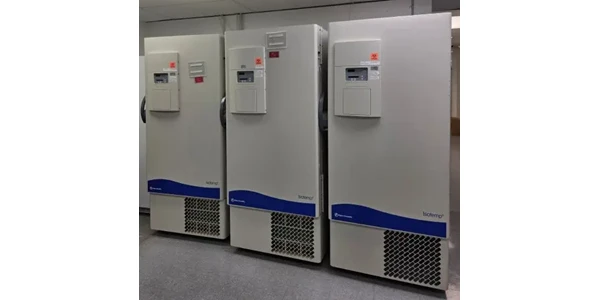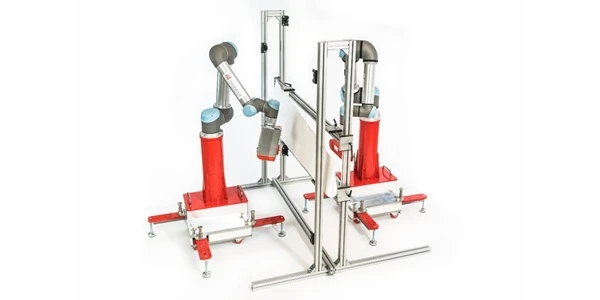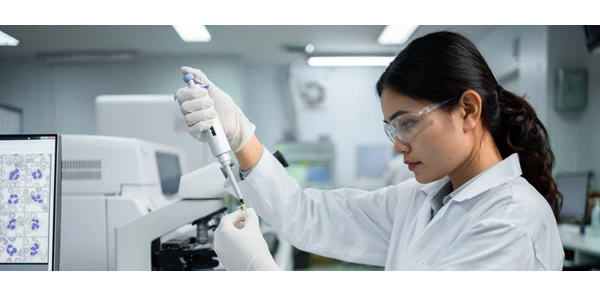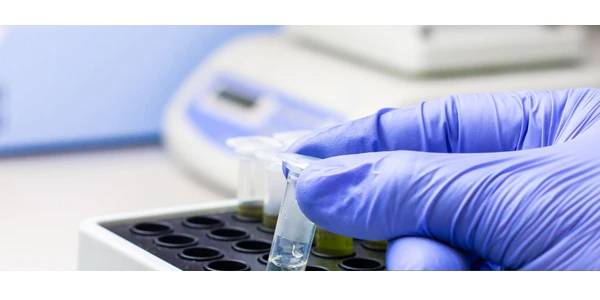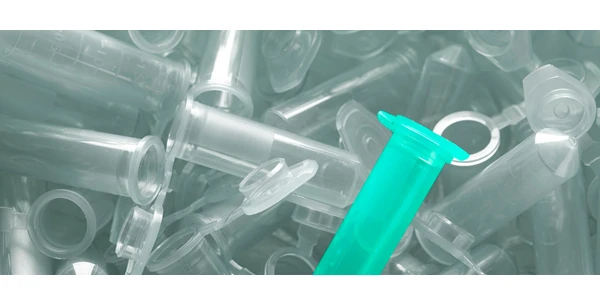Cannabis Science Hits Its Stride
True progress requires knowing the desired outcome and understanding the barriers in achieving that outcome. It is somewhat difficult to measure progress in the world of cannabis, as there are many objectives and many more obstacles to overcome. The year 2017 witnessed a wide array of achievements in the areas of research, pharmaceuticals, education, and policy – evidence that progress is happening on many fronts and with much vigor and anticipation.
2017 saw an increase in the volume and breadth of private and public enterprises investing in cannabis science. Scientists with expertise in molecular genetics, biology, and chemistry are working together to understand the genetic underpinnings of the cannabis plant, to clarify the molecular signatures of strain specificity, and to begin to cultivate methods to optimize yield and eliminate waste. An example of a collaboration of ideas and expertise was the recent virtual event The Science of Cannabis 2017 hosted by Technology Networks.
Analytical equipment manufacturers are becoming firmly invested in the cannabis industry by developing methods and (re)designing instruments to address the needs of processing and testing labs. Companies that excel in milling and grinding machines for agricultural applications are seeing true value in developing cannabis specific technology – with an opportunity to become a business leader in this rapidly expanding industry.
A similar notion no doubt permeates the analytical separations and testing fields, as companies see a serious need for expertise in an area that has seen growth but lacks overall quality control.
Still others take a cautious approach, perhaps hesitant to invest too much time and resources into an industry that continues to define itself. Without federal and state guidance, is going “all in” a premature move?
The increasing number of quality trade shows with growing numbers of attendees speak to both the curiosity of those close to the industry and to the acknowledgement that the clinical data is valid and the medicinal value is real. Cautious observers are increasingly building their knowledge and testing the markets to see if the time is right to dive in -- investors and analytical equipment companies alike.
Some companies have thrown all caution to the wind, having invested at an early stage and now striving to build connections between customers, both on the private and government sides of the industry. When investment money flows into a growing or testing operation that has just been awarded a license, these companies want to be there with instruments, solutions, and expertise to offer the best chances for success. With high quality technology and expertise, operations are certain to grow in production volume, testing precision, and quality control.
This expertise has found a new application in the emerging areas of cannabis science education as well. Several universities now offer courses in medicinal cannabis, including the first of it’s kind 4-year undergraduate degree program in medicinal plant chemistry at Northern Michigan University. The idea for this program stemmed from Dr. Brandon Canfield, Assoc. Professor, who observed the link between the vast expanse of technical expertise in other fields and the need for higher quality standards in the rapidly emerging cannabis industry. Not only will instrument companies need to get on board, but a new crop of highly skilled scientists and technicians will be needed as well to ensure products meet regulatory requirements.
All of these initiatives converge to shape and drive the regulations that will ultimately govern cannabis growing, processing, and testing labs. As of now, many states operate devoid of any strict guidelines for production of cannabis consumables. Absent comprehensive federal guidelines, the consumer industry is very much a testing ground for new and largely unregulated products and services.
Legislature must continue to evolve in order to drive the enactment of consistent and practicable regulations. Technology and education are key elements but medicinal value is paramount. High quality research will lead to concise clinical results, which will ultimately lead to further efficacious and safe therapies. After all, that is what we are all striving towards.
